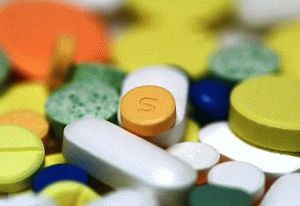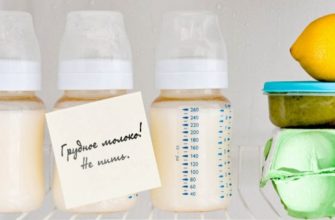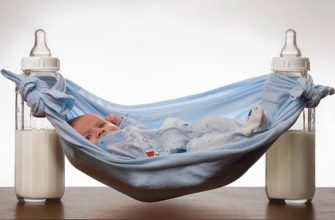 During breastfeeding, mothers carefully monitor their health with special care. But what if the disease is still taken by surprise? How to be treated so that taking the drug not only helps the mother, but also does not harm the child?
During breastfeeding, mothers carefully monitor their health with special care. But what if the disease is still taken by surprise? How to be treated so that taking the drug not only helps the mother, but also does not harm the child?
Antibiotic action
Everything that a nursing woman eats and takes, sooner or later enters the body of her baby through breast milk. Antibiotics are no exception. Moreover, some groups of drugs tend to increase the concentration in breast milk. In addition, the child’s excretory system is not yet mature, and the blood has a low ability to cleanse itself, so the drugs that enter it in the body tend to accumulate.
If you still decide to take antibiotics while breastfeeding, be sure to read the instructions for use, section on contraindications. There are four types of drugs:
- prohibited for use during lactation;
- permitted during lactation;
- conditionally permitted, i.e. the remedy is recommended if the expected effect exceeds the possible harm;
- unexplored, that is, there is no information about the effect of the drug on infants.
Categories of antibacterial drugs
Antibiotics are divided into groups, and each group has a different possible effect on the child when ingested.
- Penicillins. Pass into breast milk, as a result, may cause a baby to have an intestinal upset (cause colic), hypersensitivity to external irritants, candidiasis, rashes on the skin.
- Cephalosporins. When penetrated into the baby’s body through breast milk, they cause the same effect as penicillins.
- Carbapenems. It has not been studied whether the drugs in this group are safe for infants. (!)
- Monobactams. Enter into breast milk in a small amount, therefore it is recommended for use with caution.
- Macrolides. They pass into breast milk, but do not have a negative effect on the baby's body.
- Aminoglycosides. Pass into breast milk in a small amount, can cause intestinal upset.
- Tetracyclines. They pass into breast milk, cause irreversible changes in the development of dental rudiments and the skeleton, high photosensitivity, candidiasis, and disruption of the intestines. Use during breastfeeding is prohibited.(!).
- Quinolones / Fluoroquinolones. They pass into breast milk and cause dysfunction of the joints, which can cause growth retardation.
- Glycopeptides. They pass into breast milk and may cause an increase in the sensitivity of the baby to external stimuli, and disruption of the intestines.
- Lincosamides. They pass into breast milk and may cause an increase in the sensitivity of the baby to external stimuli, and disruption of the intestines.
- Oxazolidinones. It has not been studied whether the drugs in this group are safe for infants.
- Nitroimidazoles. Pass into breast milk, but their effects on children have not been studied.
- Nitrofurans. It has not been studied whether the drugs in this group are safe for infants.
- Polymyxins. It has not been studied whether the drugs in this group are safe for infants.
- Sulfonamides. They pass into breast milk and can cause nuclear jaundice in infants, which often leads to brain dysfunction.
Taking antibiotics while breastfeeding
If the prescribed drug is contraindicated in lactation, then breast-feeding while taking antibiotics should be discontinued. To maintain milk production, it is necessary to express it regularly - every 3-3.5 hours from both breasts. After the end of the course, you can’t immediately resume feeding, 2-3 days must pass before the drug is completely eliminated from the mother's body.
In case of illness, you can not self-medicate, only a specialist can choose the appropriate antibiotics, and he needs to be informed that you are a nursing mother.
If you have a premature baby, or your baby is less than a week old, you should take special care with any antibacterial agents, even those that are allowed. If you have any doubts about the absence of contraindications for a nursing mother, you must obtain additional information from a breastfeeding consultant or consult the relevant reference books for information.
A nursing mother is responsible for the health of two people, so before using any antibiotic, you need to decide whether the potential benefit will exceed the possible harm, and how to protect the child from this harm.
On the topic of breastfeeding:









A very interesting article, I twice took antibiotics for HB, Sumamed for lymphadenitis and Amoxiclav for mastitis. Both times she drank a long time probiotics, Harmony Bakzdrav, she has a very strong composition and it is especially for women, it is recommended during pregnancy and lactation. The child did not have any negative reactions. As the pediatrician explained, beneficial bacteria along with milk enter the baby's intestines and protect it from the harmful effects of the antibacterial substance.